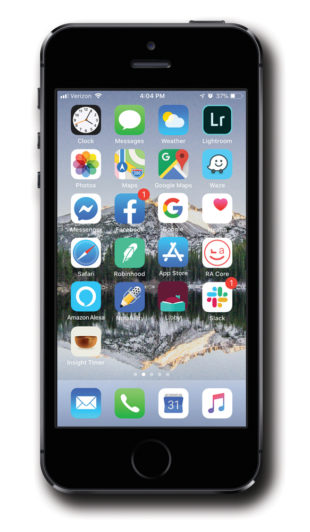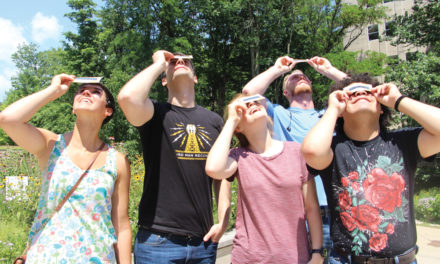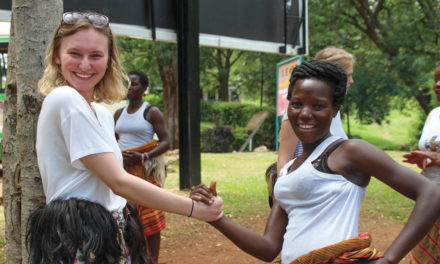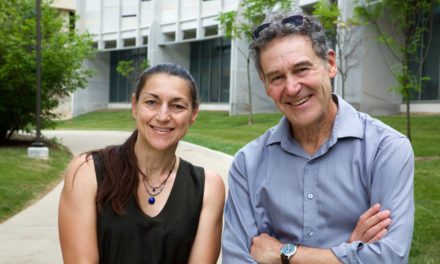
by PETER DORFMAN
Smartphone users are app-happy, and roughly 2 million apps—applications or programs for mobile phones or tablets—are available online. Now, a new course offered by Ivy Tech Community College–Bloomington will teach students how to build their own apps.
“A lot of people have creative ideas for apps,” says Diana Nixon, who teaches the course. “People from businesses or not-for-profits often have things they’d like to be able to do with mobile devices, but there’s no app for that purpose. We can teach them to build those apps for themselves.”
The mobile application development course is composed of two eight-week classes. It is part of Ivy Tech–Bloomington’s two-year associate degree program in software development, but anyone can enroll as a guest student. The course focuses on Apple’s iOS operating system, creating apps that run on iPhones and other Apple devices.
“After the first eight weeks, students will be able to build simple apps from scratch,” Nixon says. “You don’t need to know anything about coding. You do need to have a Mac computer.”
Step one, Nixon says, is learning to use Xcode, Apple’s development environment, and Swift, a programming language. Students learn programming concepts via a friendly teaching medium called Swift Playgrounds using Apple’s “Everyone Can Code” curriculum.
Xcode is software that gives students access to a library of prebuilt buttons, icons, and other features they will include in their apps. “By ‘simple apps,’ I mean programs where you can click on things and things happen,” Nixon explains.
In the second eight-week session, students build functioning apps. “It’s pretty serious development,” Nixon says. “You learn to use the Apple User Interface Kit [UIKit]. You use switches and sliders; you learn to send data from one screen to another.”
By the end of the two sessions, students will have mastered the user interface kit and will be able to build truly functional apps. The course does not include the code functions that use mapping coordinates or the motion-sensing features of an iPhone, but students will learn enough to explore these areas on their own, Nixon says.
The class is organized in three-hour daytime lab sessions, two a week. Each of the eight-week classes is three credit hours and costs $405. Enroll at ivytech.edu/Bloomington.















